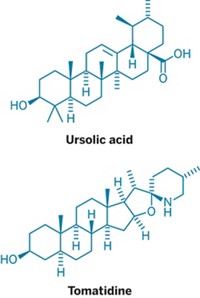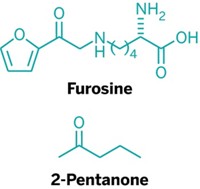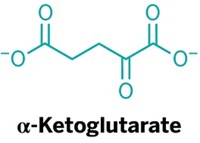Advertisement
Grab your lab coat. Let's get started
Welcome!
Welcome!
Create an account below to get 6 C&EN articles per month, receive newsletters and more - all free.
It seems this is your first time logging in online. Please enter the following information to continue.
As an ACS member you automatically get access to this site. All we need is few more details to create your reading experience.
Not you? Sign in with a different account.
Not you? Sign in with a different account.
ERROR 1
ERROR 1
ERROR 2
ERROR 2
ERROR 2
ERROR 2
ERROR 2
Password and Confirm password must match.
If you have an ACS member number, please enter it here so we can link this account to your membership. (optional)
ERROR 2
ACS values your privacy. By submitting your information, you are gaining access to C&EN and subscribing to our weekly newsletter. We use the information you provide to make your reading experience better, and we will never sell your data to third party members.
Biological Chemistry
Dietary Supplements Could Keep Biological Clocks On Time
Human health: Polyamines could help keep circadian rhythms from slowing down as we age
by Sarah Everts
October 12, 2015
| A version of this story appeared in
Volume 93, Issue 40
As we age, our circadian rhythms tend to fall out of sync with the normal 24-hour day. This dysregulation is associated with a variety of digestion and metabolism problems as well as cancer and Alzheimer’s disease. Although researchers suspect the slowing down of an aging person’s biological clock has many causes, there might be a simple solution: dietary supplements. A team of scientists led by Gad Asher at the Weizmann Institute of Science, in Israel, discovered that polyamines such as spermidine found in foods including soybeans, green peas, and blue cheese can help restore normal circadian rhythms in aging mice (Cell Metab. 2015, DOI: 10.1016/j.cmet.2015.09.011). The team determined that polyamine levels in elderly mice drop at the same time their circadian clocks start slowing down. Feeding animals the supplement restored their circadian clocks to the timing of younger mice. If the work extends to humans—and the researchers caution that this has not yet been established—supplementing with polyamines could help keep biological clocks running on time.





Join the conversation
Contact the reporter
Submit a Letter to the Editor for publication
Engage with us on Twitter